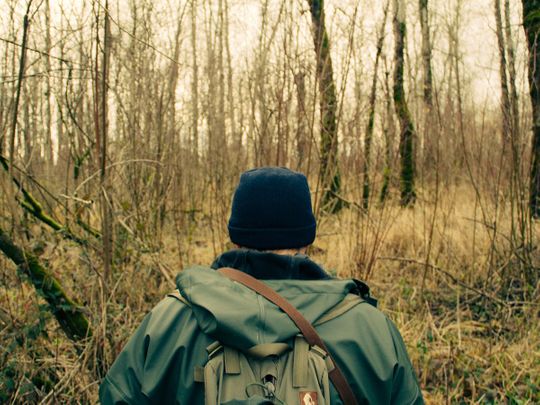
Do you ever watch television programmes where people have to endure for days on end in the middle of a jungle (with no help or modern amenities) and think, “there’s no way I can do that”?
Click start to play today’s Word Search and spot the word “survivor” among others.
What does it take to be a survivor? According to a September 2008 report in US-based news website CNN, American author Laurence Gonzales, who studied survivors across the world for his book Deep Survival, said the answer lies in people’s mindset. Most survivors share the same traits – and they aren’t necessarily the most skilled, the strongest or the more experienced in their group.
In fact, according to his study, the “Rambo” kind of people are often the first to go in life-and-death struggles, because experience and physical strength can lead to carelessness. Small children and inexperienced climbers, for instance, often manage to survive emergency situations in the wild far more often and far better than their stronger, adult counterparts.
It’s because of the first survivor trait – humility. They know their limitations, when to rest and when not to attempt something that they think is beyond their capabilities.
Another trait they share is independent thinking. In the September 11, 2001 terrorist attacks at the World Trade Centre in New York, US, many of those who survived actually ignored security protocol and didn’t wait to be rescued – they used their common sense and headed to lower levels through the staircase, with their exit strategy clear in their minds.
But despite not being rule followers, survivors also pay attention to their intuition – if something seems wrong, they will not proceed, even if they’ve been planning their trip for months.
And lastly, Gonzales found that survivors also shared another trait: strong family bonds. Many who made it through incredible ordeals said they were motivated to endure hardships because of their unwavering desire to see their loved ones. A sense of hopelessness acts as kryptonite for people struggling to survive, because it can lead to pessimistic thoughts. Those thoughts turn into unfocused actions that prevent survivors from making the most optimal decisions to get through their ordeal.
Have you ever been in a situation where you transformed into a survivor? Play today’s Word Search and tell us at games@gulfnews.com.



